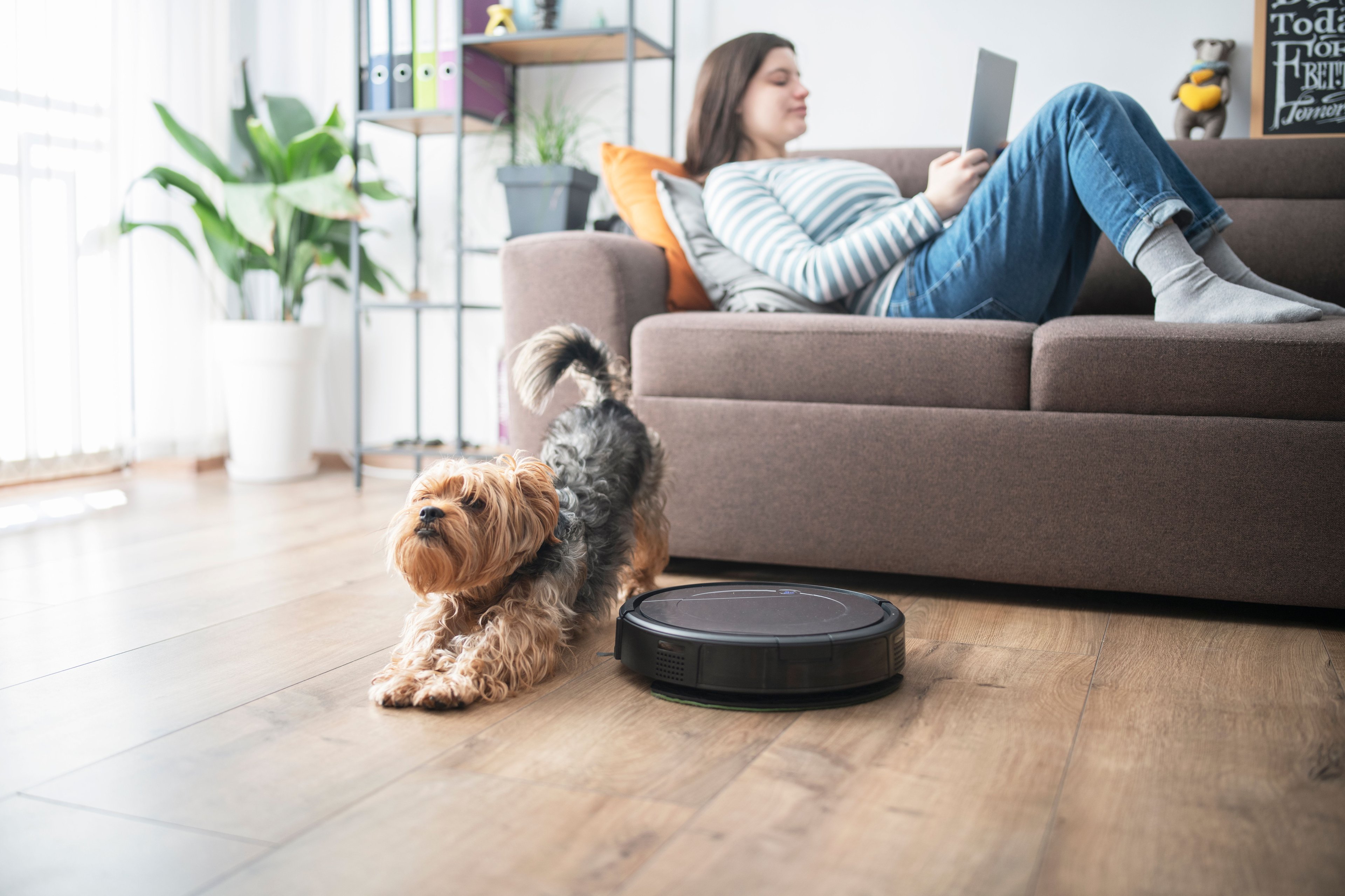Public companies provide shareholders with quarterly updates, chock-full of numbers and commentary from management. When investing in stocks, it's important to have a thesis -- a theory about the things that will play out over time to make it a good investment. Then, with these quarterly updates, investors can compare reality with the thesis they came up with prior to investing to see if it's playing out.
In this video clip from Motley Fool Live, recorded on June 30, Motley Fool contributor Jon Quast explains to fellow contributor Brian Withers what he's watching when iRobot (IRBT +9.00%) reports next time. The company is shifting strategies. Therefore, Jon is more concerned with management's commentary on its progress with establishing recurring revenue streams since it's still too early to be reflected in the financials.
Jon Quast: Well since you guys brought up the price-to-sales ratio for your stocks, I guess I'll do it for mine. It's a little bit different for iRobot, it's less than two times sales. But that's just the difference between, software companies, technology companies and more hardware companies, which is what iRobot is.
You may know iRobot as the maker of the Roomba vacuum cleaners. I think they're pretty much synonymous with autonomous vacuums. But they also make the Braava mop.
Why I'm interested in iRobot and what we'll be watching in their earnings, which are still probably good four or five weeks away. They have just started transitioning from a hardware-centric sale model to a recurring-revenue -- they are trying to transition to a recurring-revenue model. What they really want to do is establish direct consumer relationships, which have been doing over the last three, four years. Right now it shows that they have 10.7 million people who have opted into their email list, and that's up from just two million, three years ago, I believe. A lot of people are signing up to know what iRobot is doing and what do they have cooking. What iRobot gets from this is they really get to learn their customers preferences, things like that.
They've just launched something that they're calling RAAS, Robots-as-a-Service for 29 bucks a month, you can get your floor cleaning robot, the periodic accessories that need to be replaced like the little brushes and things like that, and you get the extended warranty on that, and you're eligible for a new vacuum cleaner every three years.
What they hope this does is makes their revenue more predictable. They hope that the warranty service will be something that's a little bit more high-margin. They're hoping over time they can really build up this customer base's loyalty and also then add on more services that are more high-margin as well.
This is very early in the process for them. They've only just announced these things in the last few months as being launched, so that's what I'm reading in the conference call, how is it going? If this is the strategy, great, I want to know how it's going.
Brian Withers: Yeah, it's really interesting, I know that I had done some diving into iRobot six months or so ago and was like, how are you guys going to move to subscription? I know they had some success in Japan with leasing, and certainly more of, I think all of their new vacuum floor-cleaning robots now are connected to the cloud. They have a way to update the software or the firmware of their products on the fly, similar to Tesla and other hardware companies have gone to live software updates. So be really interesting to see if they can make this work, this $29.95 deal. Some of the robots are what? 500 bucks plus, so that may work out for people, especially if you want to get the combination of floor vacuum and the scrubber too, because those can work together as well.
Quast: I think what it does too is it lowers the barrier of entry to ownership. Whereas, 500 bucks, maybe a little bit pricey for some people, maybe $30 a month is -- in their perception -- more attainable. I think that's how it works psychologically sometimes.
Withers: I know that Peloton has enabled -- once they went with Affirm to help them with a pay over time feature -- that enabled a lot of people, that was the last thing that was holding people back to upgrading to their brand.









